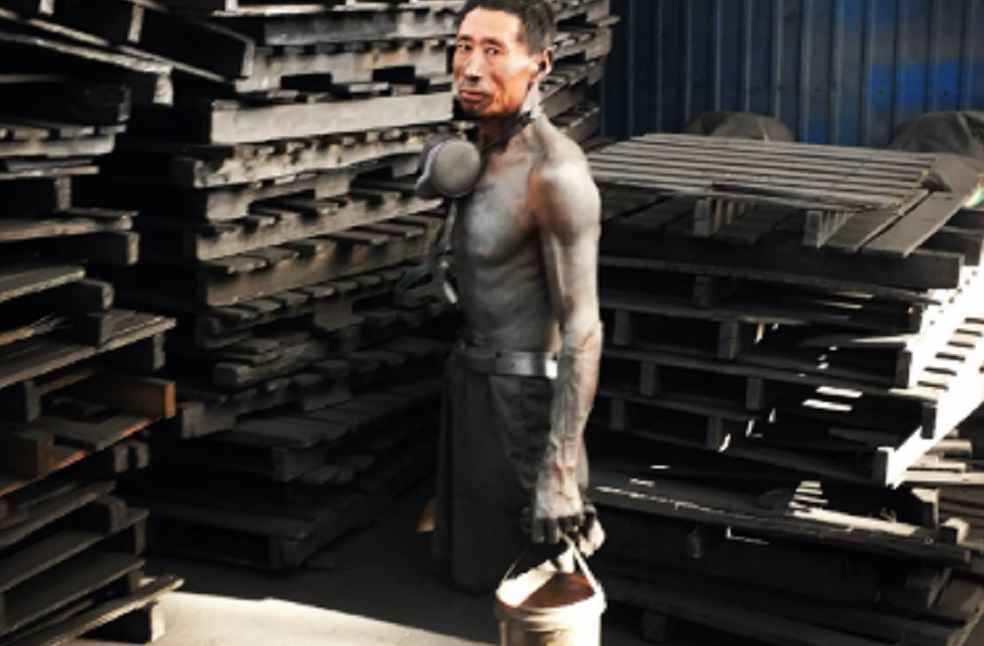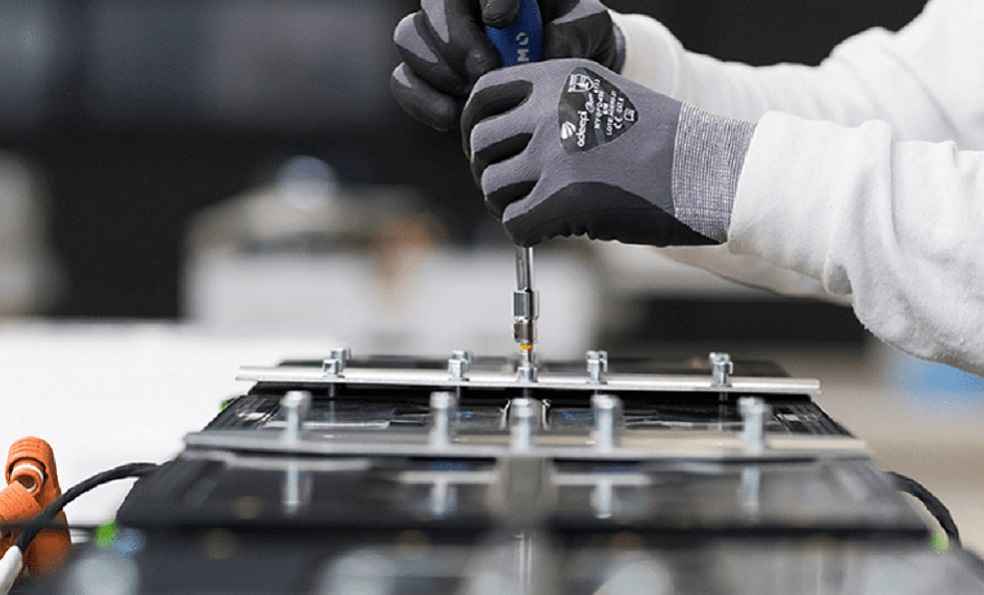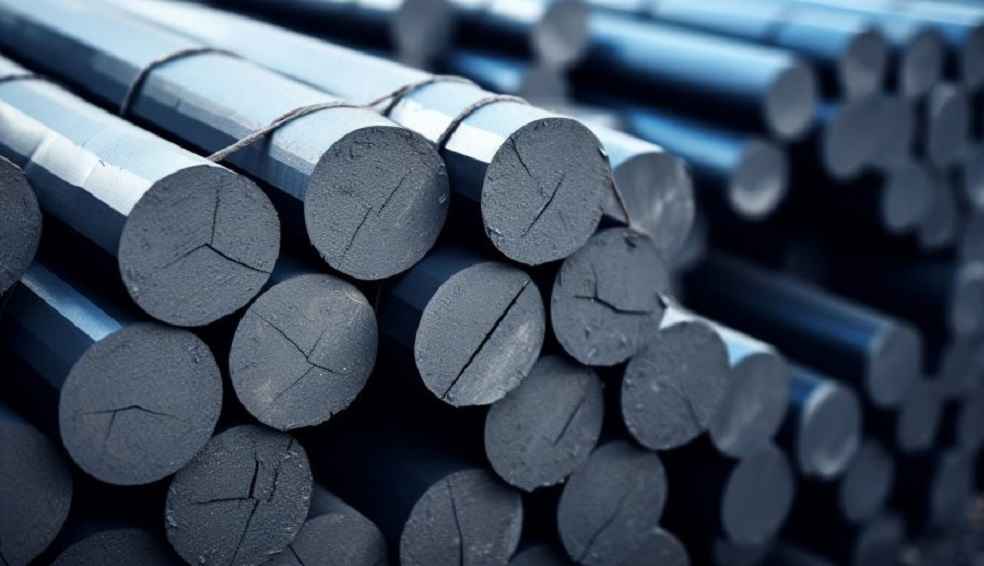China has unveiled stringent new restrictions on the graphite export, a pivotal mineral essential for the manufacturing of electric vehicle (EV) batteries, amidst escalating tensions in a global technological conflict. Announced by the Ministry of Commerce and General Administration of Customs, this regulation necessitates explicit export permits for select varieties of synthetic and natural flake graphite, citing overarching national security apprehensions.
This strategic policy enactment unfurls in the wake of the United States intensifying limitations on semiconductor sales to Chinese enterprises. Stefan Legge, a distinguished expert in tax and trade policy at the University of St Gallen, Switzerland, delineated the unfolding scenario as a reflection of Newton’s third law, where actions are met with equal and opposite reactions.
“At the same time, both sides of the dispute also realize how costly it is if geopolitics trumps economics,” he commented, emphasizing the substantial costs incurred when geopolitical strategies overshadow economic considerations.

The world observes an EV sales surge as delineated by the International Energy Agency. A staggering 55% augmentation from 2021, culminating in an excess of 10 million units. This prodigious surge heralds a paramount demand for graphite, catapulting its market by a substantial 250% since 2018. China triumphs as the predominant architect of global graphite production, contributing an estimable 65%.
In this meticulous chessboard of global tech, China maneuvers with undeniable supremacy, holding a formidable dominion over essential minerals’ supply chains instrumental for EV battery genesis. Crafting strategic export curtailments that extend beyond graphite, China’s policies also ensnare seminal semiconductor minerals like gallium and germanium.
The nation has been entrenched in a technological battle primarily with the United States and its European and Asian allies for over a year.

The European Commission previously stated this year that the diminishing exports of Chinese graphite are adversely affecting Europe’s battery production. This area is fundamental to the EU’s progression towards eco-friendly transitions.
Being the foremost leader in global graphite exports, the world’s reliance is heavily intertwined with China’s graphite supply. Any disruption in China’s output could create significant disturbances in the global tech dependency.
Ivan Lam, a senior analyst at Counterpoint Research, expressed that while China’s latest graphite restrictions are not an outright embargo, their imposition would likely fuel price hikes due to resultant supply and demand imbalances. This notion finds relevance in the global reconfiguration of supply chains, as industries scurry to secure graphite provisions beyond the scope of China’s influence.

As the globe witnesses a staggering increase in the demand for EVs and an ensuing race to secure essential materials, the tactical maneuver by China underscores a pivotal chapter in the ongoing saga of the global tech war. The interplay of geopolitics and economic strategies continues to craft a narrative of complexity and uncertainty in the technological landscape, leaving industries and markets in contemplative anticipation of the unfolding chapters in this global contest.
IMEX SECTOR | India Tightens Sugar Export Curbs: Shielding Domestic Supply Amid Climatic Chaos



